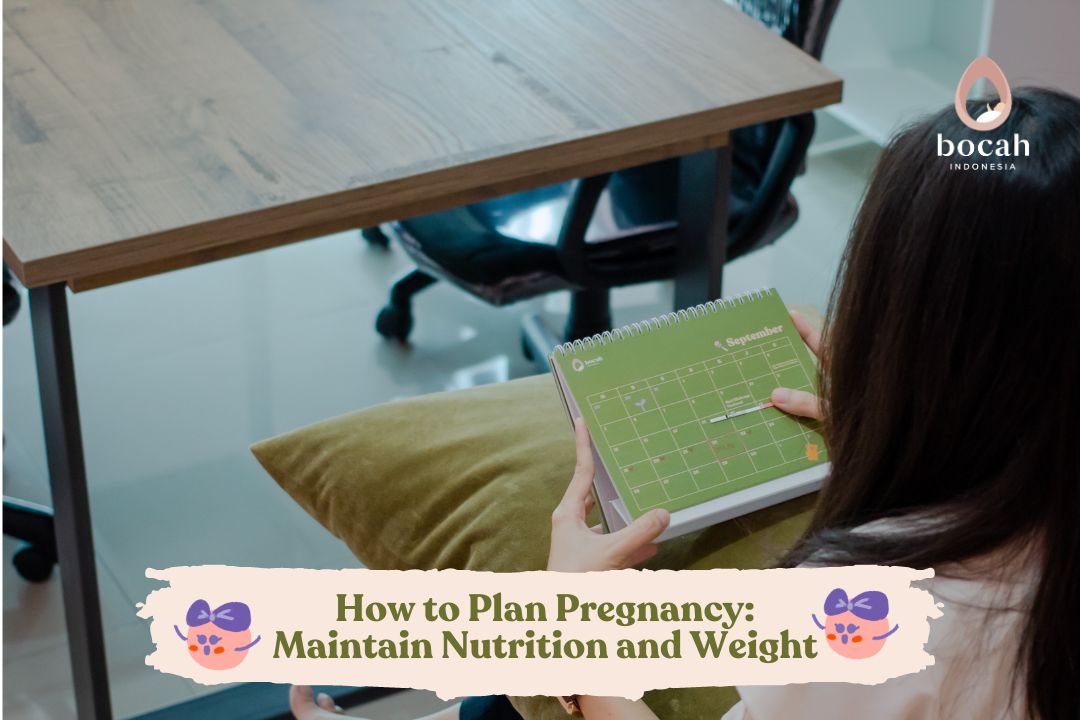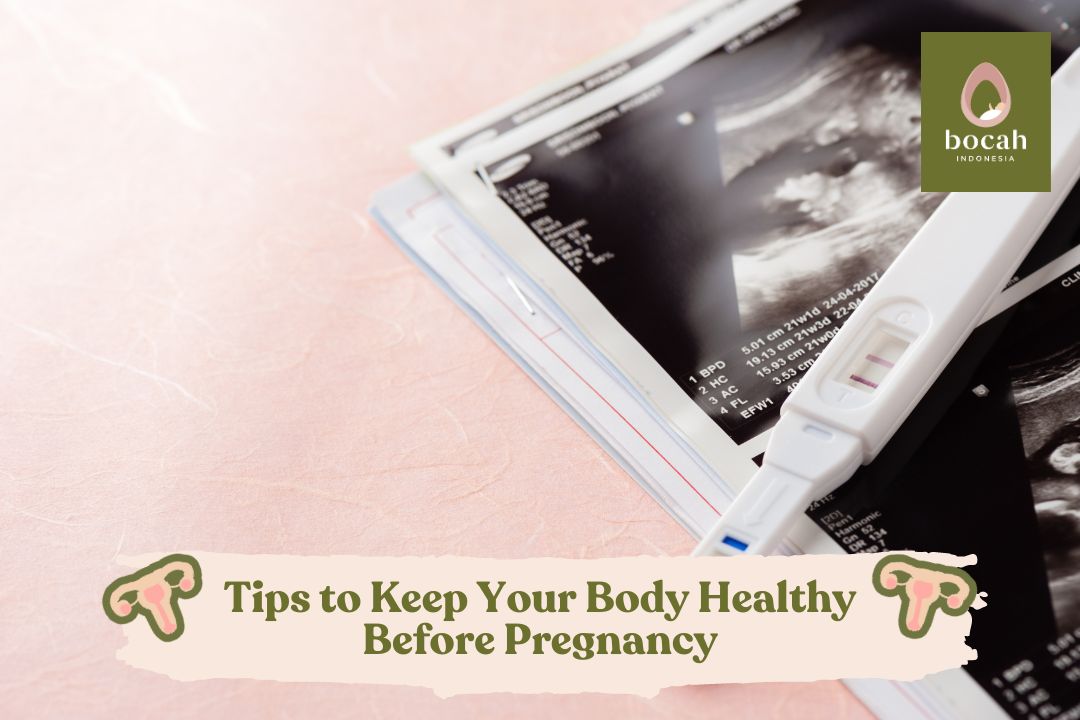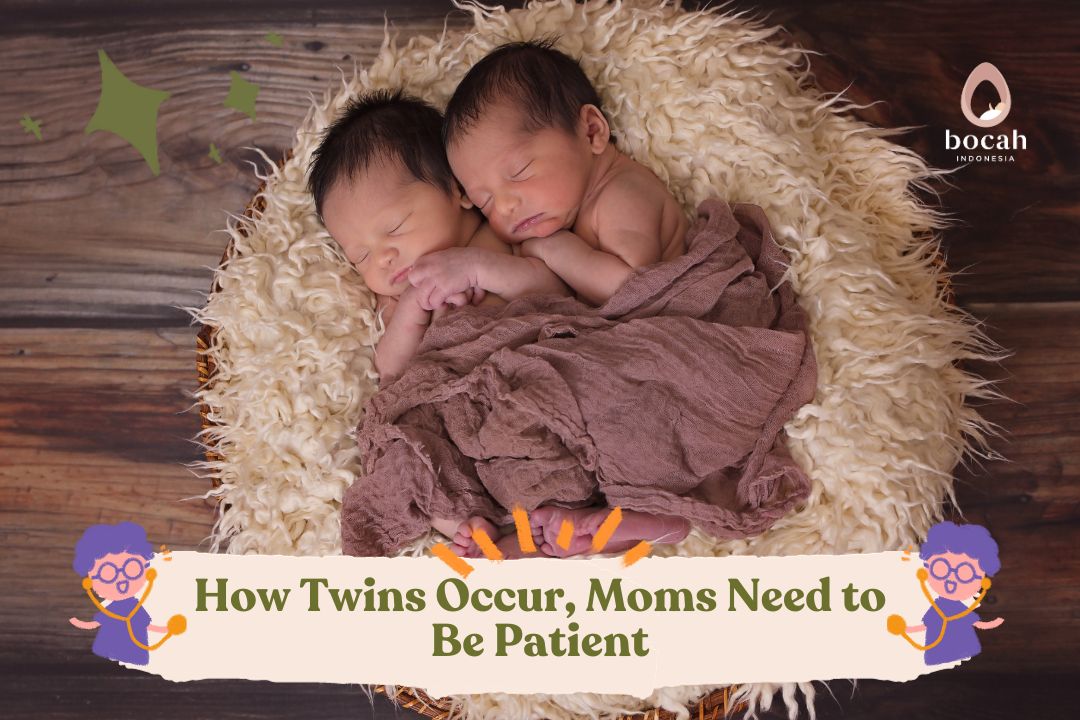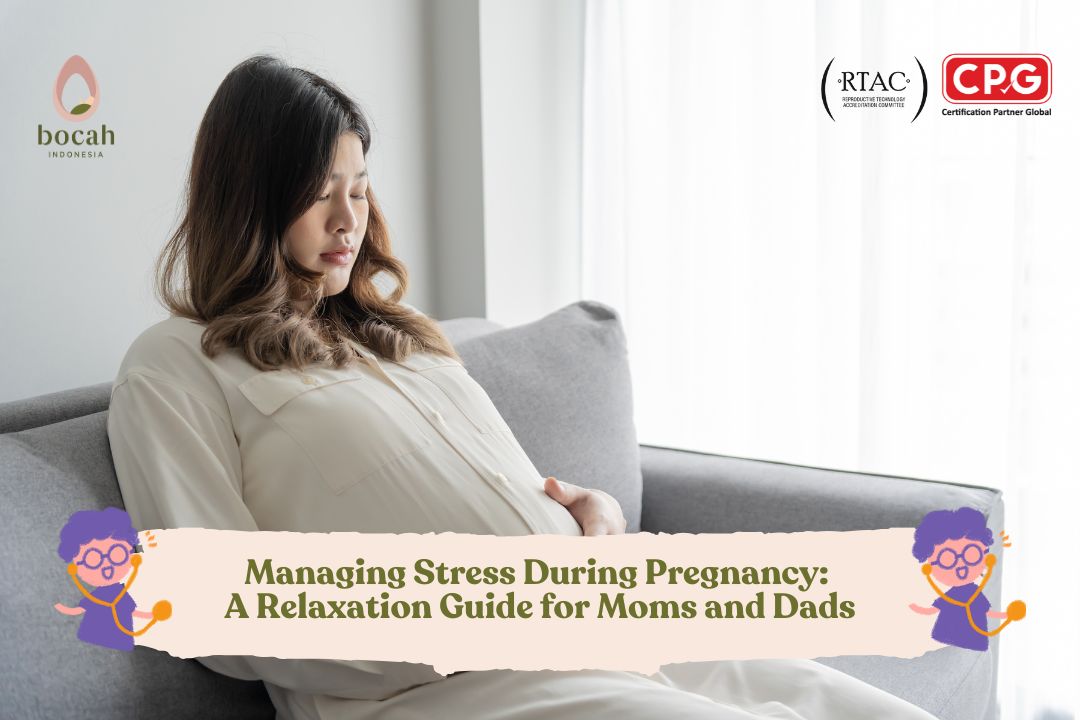Maintaining Mental Health to Keep Pregnant Moms Strong
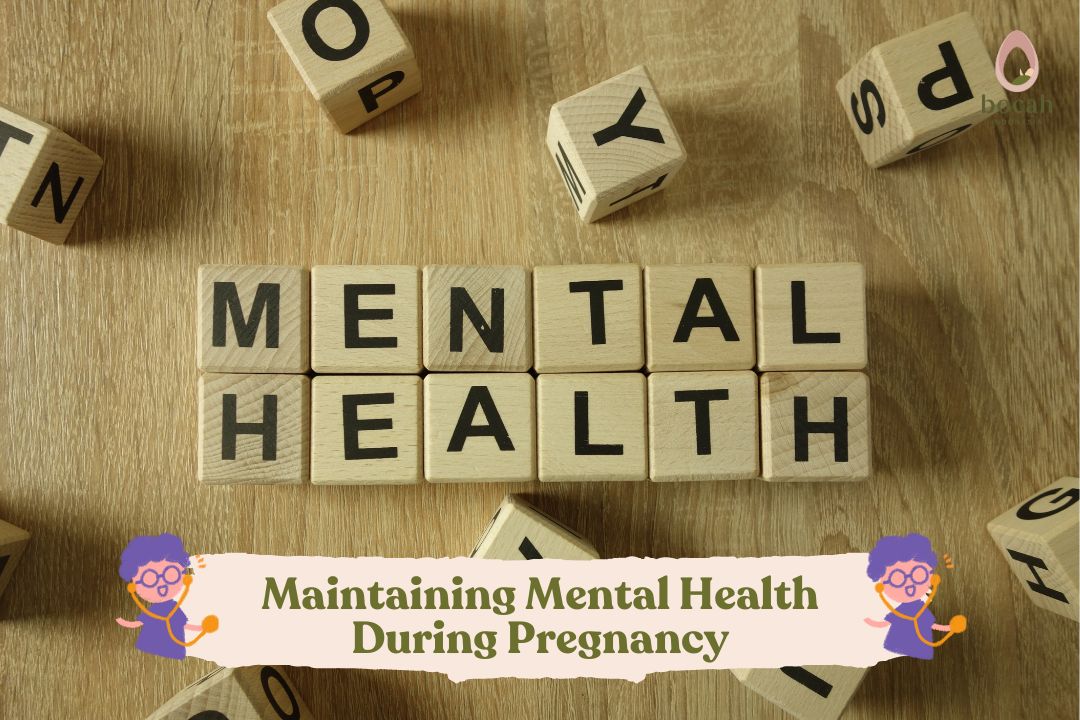
Good mental health during pregnancy not only affects the mother’s well-being but also the baby in the womb.
From preparing the baby’s room to buying clothes and other baby necessities, surely you’ve thought about these things well in advance before the baby’s arrival. There are many things you need to prepare before the baby is born. However, there is one thing often forgotten, which is more important than any clothing or accessories: the mother’s mental health.
While everyone is busy preparing for the baby’s arrival, you might forget that maintaining mental health during pregnancy is crucial. Let’s learn about the signs and ways to take care of your mental health during pregnancy here.
Mood Changes During Pregnancy
If you experience frequent mood swings during pregnancy, it’s completely normal. The mood swings you’re going through may be caused by significant hormonal changes that occur in the body during pregnancy.
In addition to hormonal changes, other factors can also influence mood swings during pregnancy. These include pregnancy-related stress, physical discomforts such as nausea and vomiting, fatigue, changes in social relationships or support, and concerns about the future as a mother.
Normal mood changes during pregnancy are usually temporary and can be managed with social support, a healthy diet, adequate rest, and maintaining a balanced lifestyle.
However, if you experience intense, prolonged mood changes that disrupt daily activities during pregnancy, it’s important to consult a healthcare professional to get the right help and support.
Tanya Mincah tentang Promil?
Mental Health Issues Affecting Pregnant Moms
There are several mental health issues that can occur during pregnancy:
1. Depression during pregnancy
Depression is a feeling of sadness or irritability that lasts for several weeks or months. Moms who have experienced depression before pregnancy are at higher risk of experiencing depression again during pregnancy.
Depression during pregnancy can occur for several reasons, such as physical exhaustion from pregnancy combined with facing a lot of stress at work or home. Symptoms of depression during pregnancy can include:
- Prolonged feelings of sadness, hopelessness, or emptiness
- Loss of interest in activities once enjoyed
- Difficulty sleeping or sleeping excessively
- Uncontrolled changes in weight or appetite
- Extreme fatigue or lack of energy
- Feelings of guilt, worthlessness, or inadequacy
- Difficulty concentrating or making decisions
- Thoughts about death or suicide
Managing depression during pregnancy is important for the well-being of both the mother and baby. With proper care, pregnant mothers experiencing depression can find relief and regain their physical and emotional well-being.
2. Anxiety
Anxiety during pregnancy is a condition where a mother experiences excessive feelings of worry, nervousness, or fear related to pregnancy, childbirth, or the future as a mother.
Anxiety is common during pregnancy, but if not properly managed, the anxiety can become a serious issue that affects both the physical and emotional well-being of the mother and the baby.
The causes of anxiety during pregnancy can vary, including hormonal changes, uncertainty about labor and motherhood, physical changes the body is going through, as well as stress from external factors such as work, relationships, or financial issues.
Symptoms of anxiety during pregnancy can include:
- Excessive feelings of fear or nervousness
- Difficulty sleeping or disrupted sleep
- Muscle tension and other physical discomforts
- Excessive worry about the baby’s health
- Digestive issues or eating problems
- Persistent thoughts about worries or potential dangers
It’s important to remember that anxiety during pregnancy is a treatable medical condition. Consulting with a mental health professional or obstetrician is an important first step in getting the help and support needed.
Other mental health issues that can arise during pregnancy include:
- Bipolar disorder (episodes of low-energy depression and high-energy mania)
- Post-traumatic stress disorder (PTSD)
- Panic attacks (sudden and intense physical responses with feelings of unexpected and paralyzing fear)
- Obsessive-compulsive disorder (OCD)
- Eating disorders (such as bulimia or anorexia nervosa)
How to Maintain Mental Health During Pregnancy
1. Practicing Mindfulness
Practicing mindfulness helps you stay connected with the world around you, moment by moment, so you don’t get lost in negative thoughts. This means taking time to fully pay attention to the small moments in life, such as feeling the sunlight on your face or the baby kicking in your belly.
Regular mindfulness practice has been proven to have significant benefits for mental health. It has also been shown to help alleviate anxiety, stress, worry, or depression during pregnancy.
Here are some tips to help you be more mindful in daily life:
- Practice mindfulness every day
As you go about your day, notice the sights, sounds, smells, and other sensations around you. This may be difficult to do all the time, so choose a specific time each day (such as when you are commuting or during lunch break) to really focus on what you are physically experiencing at that moment.
- Change your routine
If you follow the same routine every day, it’s easy to stop noticing the familiar things around you. Try doing something new, like taking a different route to the store or sitting in a different spot at work. Pay attention to what changes and what stays the same.
- Meditate
You can also try more formal mindfulness meditation, focusing on your breathing or the sounds around you. When you notice your mind wandering, bring your attention back by focusing. Yoga and tai chi can help you become more aware of your breathing and movements.
There are many free and paid mindfulness courses, sessions, and apps available. You can try some of the free ones first to find out which mindfulness techniques work best for you.
2. Try Complementary Therapy
Stress is a common trigger for depression, so it’s important to give yourself occasional breaks to help release any pent-up worries. Massage is one way to reduce stress, and there is evidence to suggest that it can help with anxiety and low mood during pregnancy.
Even a simple massage from a loved one can effectively reduce anxiety. So, dads can play a role in this by giving gentle massages before bed, accompanied by encouraging words, to help moms avoid anxiety during pregnancy.
Many spas and beauty salons offer pregnancy massage treatments. Just make sure your therapist is qualified and experienced in working with pregnant women.
3. Talk About Your Mental Health
If you have concerns about anything during pregnancy, try talking about it with your partner, someone you trust, or a healthcare professional such as a psychologist or doctor. By being open and honest, you’re more likely to get the support you need.
Joining activities filled with other pregnant women, such as prenatal yoga classes, can also be a great way to stay motivated during pregnancy. Sharing stories with other pregnant women can ease your anxiety.
4. Eat Well
Eat well for your brain, body, and baby. Make sure you’re eating regularly to keep your blood sugar levels stable, as drops in blood sugar can make you feel tired and irritable.
It’s not always easy to eat well if you’re feeling down or dealing with nausea during pregnancy, but try to eat small portions.
Dehydration can also make it difficult to concentrate or think clearly. So, make sure you’re getting the recommended 6 to 8 cups or medium-sized glasses (200 ml) of fluids per day. All drinks count, including water, milk, fruit juice, herbal teas, coffee, and tea. Just ensure you’re not consuming more than 200 mg of caffeine per day, though.
5. Get More Exercise
Exercise releases chemicals in the brain that make you feel much better, such as endorphins. Be sure to engage in light exercise every day. Ask your doctor about what exercises are safe for you during pregnancy.
Swimming is a great option because it helps keep you fit without putting too much strain on your joints.



